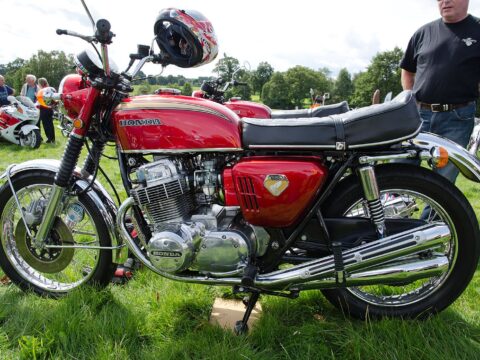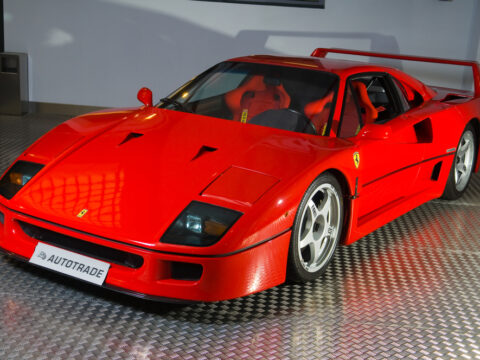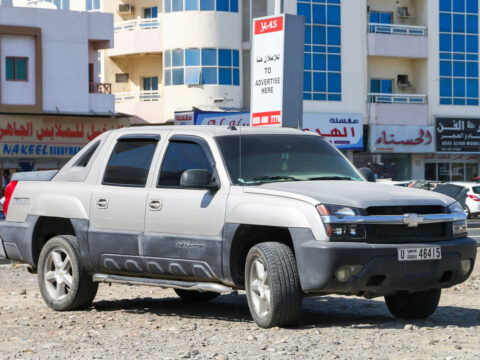Commercial truck design has evolved significantly over the years, driven by advancements in technology, materials, and regulations. These changes have enhanced efficiency, safety, and sustainability in the trucking industry. We’ll explore 13 influential changes that have shaped modern commercial trucks, making them more reliable and capable than ever before.
Contents
Aerodynamic Improvements
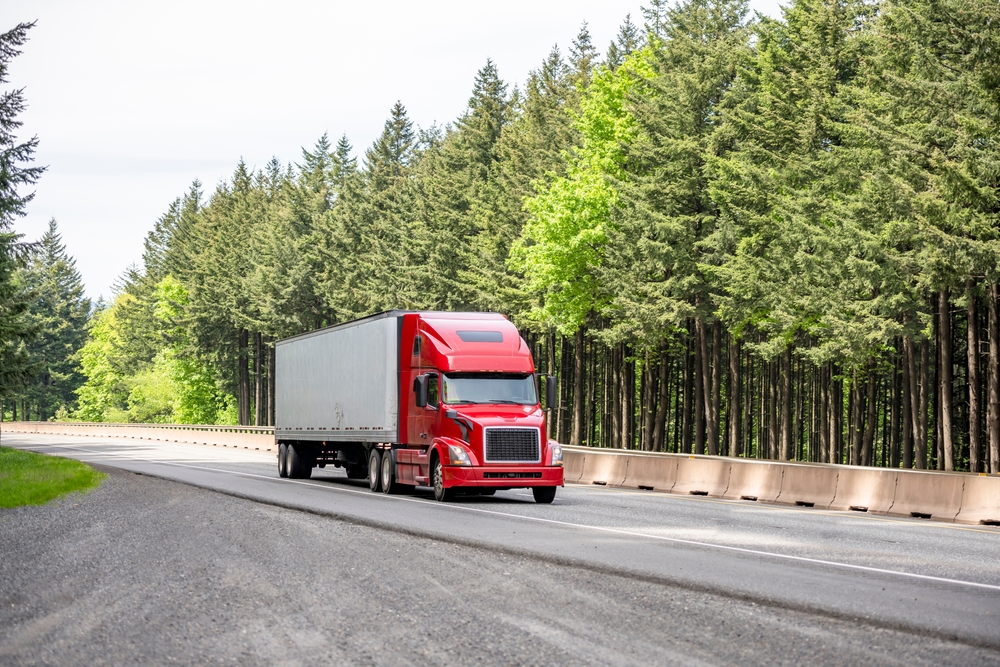
Advances in aerodynamics have significantly influenced commercial truck design. By reducing air resistance, these improvements enhance fuel efficiency and lower operating costs. Streamlined shapes and features such as roof fairings and side skirts minimize drag, contributing to a more sustainable and cost-effective transportation industry.
Lightweight Materials
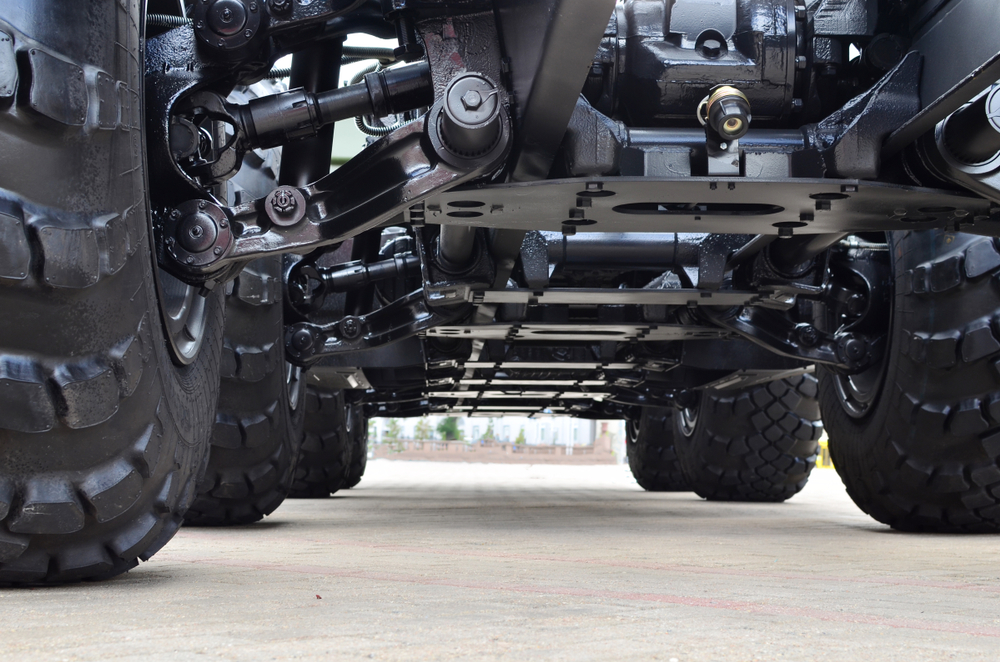
The incorporation of lightweight materials like aluminum and composites has revolutionized commercial truck manufacturing. These materials reduce the overall weight of the truck, leading to improved fuel efficiency and payload capacity. Maintaining structural integrity while shedding pounds allows trucks to operate more economically and with less environmental impact.
Advanced Safety Features

Modern commercial trucks are equipped with advanced safety features such as collision avoidance systems, lane departure warnings, and adaptive cruise control. These technologies help prevent accidents and ensure the safety of drivers, cargo, and other road users. Integrating these features into truck design has made a significant impact on road safety, reducing the frequency and severity of accidents.
Electric Powertrains
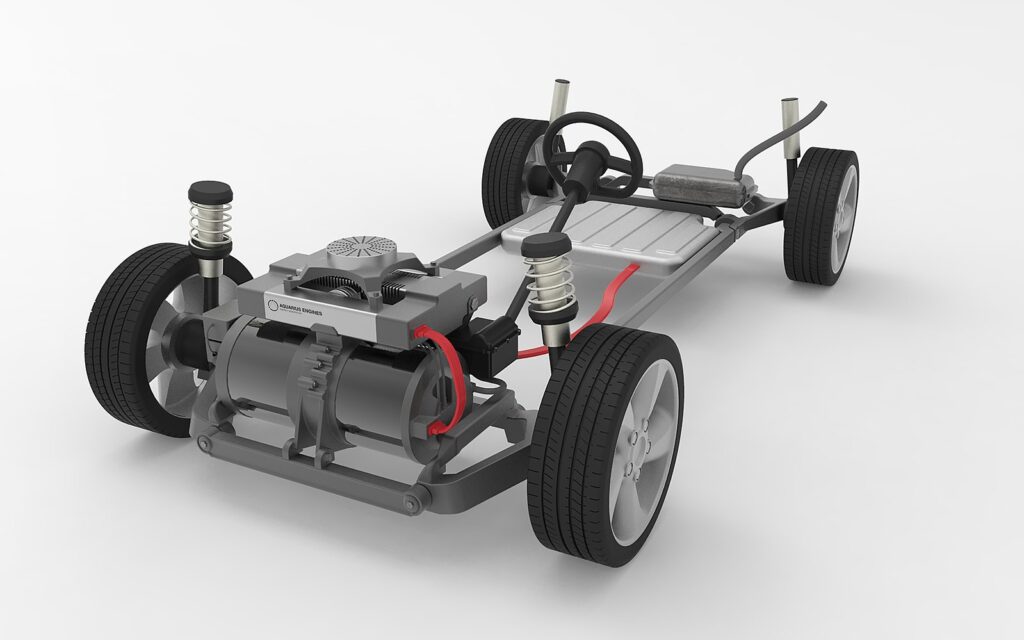
The introduction of electric powertrains in commercial trucks marks a major shift towards sustainability. Electric trucks offer zero emissions, lower operating costs, and reduced noise pollution compared to traditional diesel engines. Companies like Tesla and Rivian are leading the way in this transition, setting new standards for the industry.
Improved Cabin Comfort

Enhancements in cabin design have significantly improved driver comfort and productivity. Features like ergonomic seating, advanced climate control, and infotainment systems create a more pleasant and efficient working environment. Prioritizing driver well-being helps reduce fatigue and increase job satisfaction, leading to better performance and lower turnover rates.
Enhanced Load Management Systems

Innovations in load management systems have greatly improved the efficiency of cargo handling in commercial trucks. Automated systems and sensors ensure optimal load distribution, reducing the risk of overloading and improving fuel efficiency. These advancements help prevent cargo damage and enhance safety during transit.
Renewable Fuels
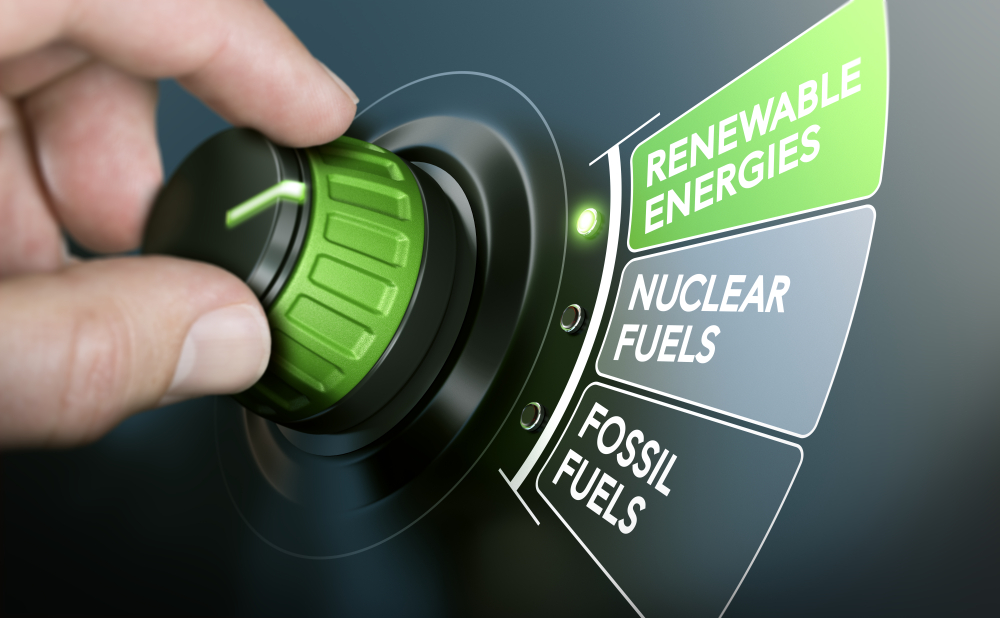
The shift towards renewable fuels like biodiesel and hydrogen has had a significant impact on commercial truck design. These fuels offer a cleaner alternative to traditional diesel, reducing greenhouse gas emissions and dependence on fossil fuels. Trucks designed to operate on renewable fuels often feature specialized engines and fuel systems.
Modular Design
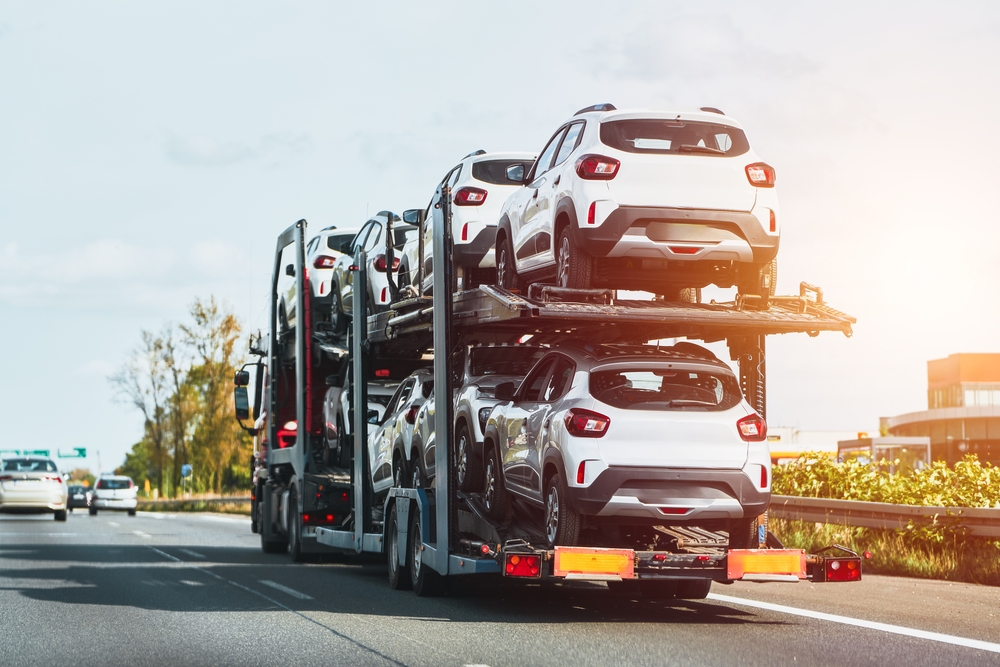
Modular design in commercial trucks allows for greater flexibility and customization. Trucks can be easily adapted to different applications by swapping out components or adding specific modules. This approach enhances operational efficiency and reduces downtime, as maintenance and repairs can be performed more quickly.
Improved Braking Systems
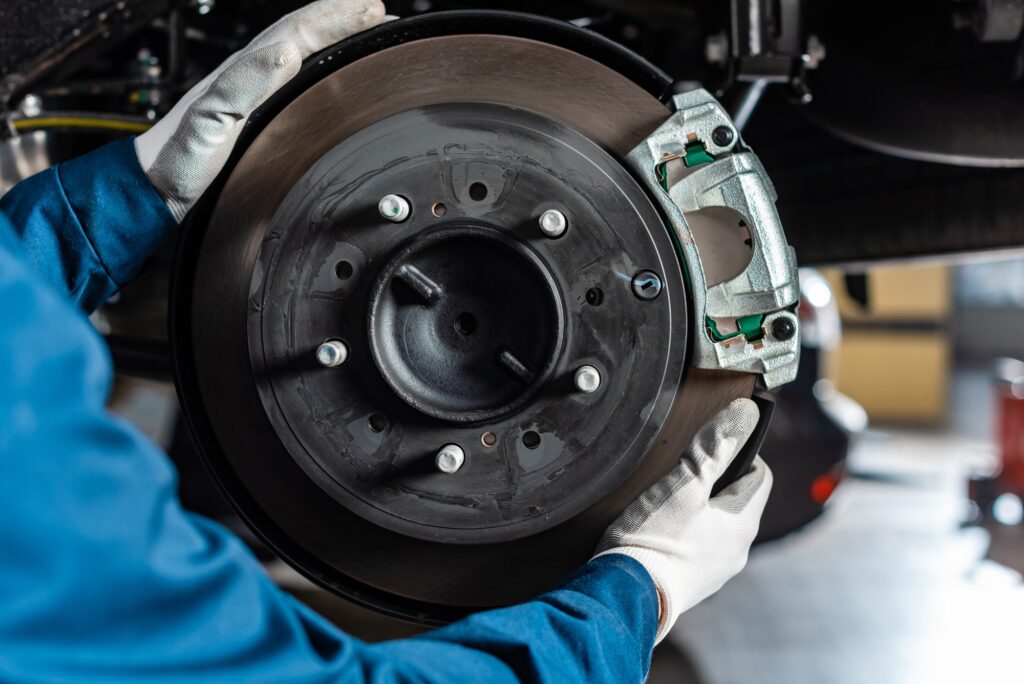
Advanced braking systems, such as electronic stability control (ESC) and automatic emergency braking (AEB), have significantly enhanced truck safety. These systems provide better control and stopping power, particularly in emergency situations. Improved braking technology helps prevent accidents and reduces wear and tear on the vehicle.
Fuel Efficiency Innovations

Continuous innovations in fuel efficiency have led to significant advancements in commercial truck design. Technologies such as turbocharging, direct fuel injection, and variable valve timing optimize engine performance and reduce fuel consumption. These improvements lower operating costs and decrease the environmental impact of trucking.
Enhanced Suspension Systems
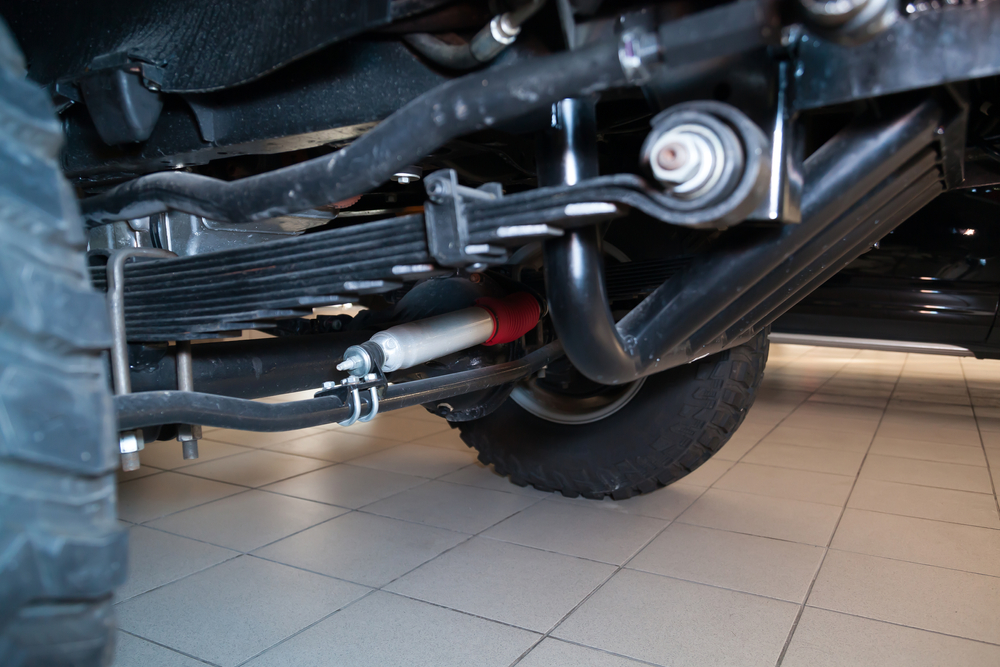
Advances in suspension systems have greatly improved the ride quality and handling of commercial trucks. Modern suspension technologies, such as air suspension and electronically controlled shock absorbers, provide better stability and comfort. These enhancements reduce driver fatigue and protect cargo from damage caused by road vibrations. Improved suspension systems contribute to safer and more efficient transportation.
Improved Lighting Technology
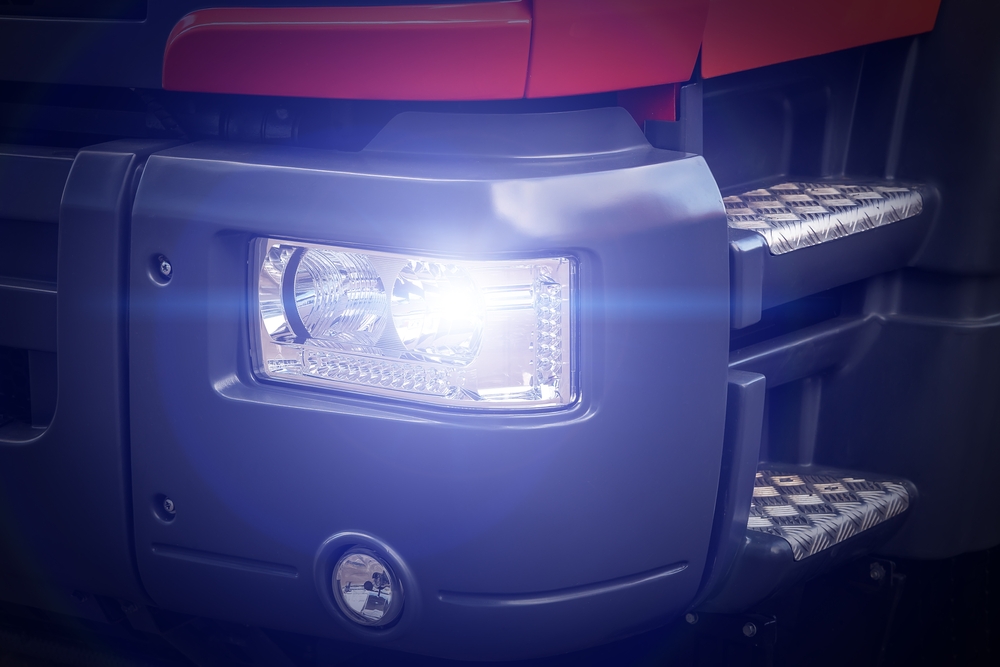
Advances in lighting technology, such as LED headlights and adaptive lighting systems, have significantly enhanced visibility and safety for commercial trucks. These technologies provide better illumination of the road and surroundings, reducing the risk of accidents. Improved lighting also enhances the aesthetic appeal and energy efficiency of trucks.
Enhanced Trailer Design
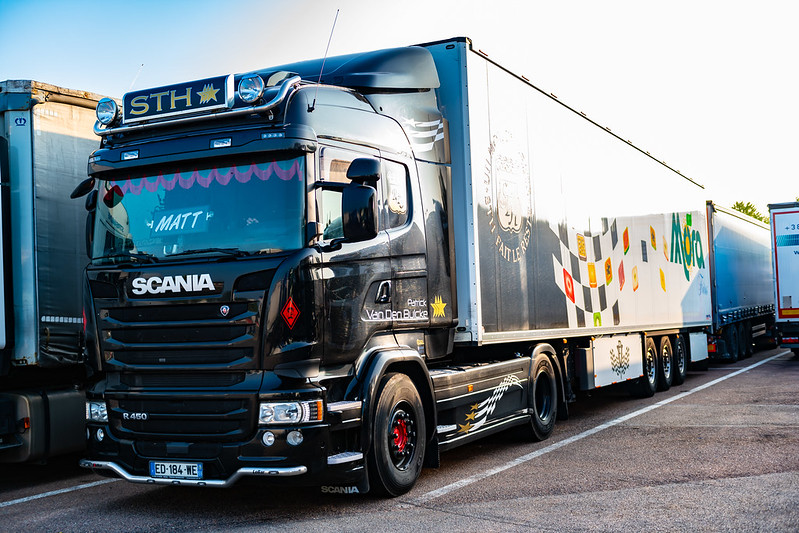
Innovations in trailer design, such as aerodynamic enhancements and lightweight materials, have improved the overall efficiency of commercial trucking. Advanced trailer features reduce drag, enhance load capacity, and improve fuel efficiency. These changes contribute to lower operating costs and reduced environmental impact.
This article originally appeared on MyCarMakesNoise.
More from MyCarMakesNoise
12 Overlooked Minivans Perfect for Families

When it comes to family vehicles, minivans often lead the pack with their unbeatable combination of space, comfort, and utility. Yet, amidst the popularity of SUVs and crossovers, some exceptional minivans tend to fly under the radar, deserving more recognition than they typically receive. Read More
10 Common Boat Handling Mistakes to Avoid

Boating is both an art and a science, requiring a passion for open water and a deep respect for the intricacies of boat handling. Even the most experienced mariners can make simple mistakes that lead to serious consequences. Read More
11 Historic Motorcycles That Are Still Popular

Motorcycles hold a unique place in the tapestry of automotive history, blending innovation with a timeless allure that captivates enthusiasts and casual observers alike. Certain models, revered for their revolutionary design and engineering, have transcended their era to become icons that are still ridden and adored today. Read More


